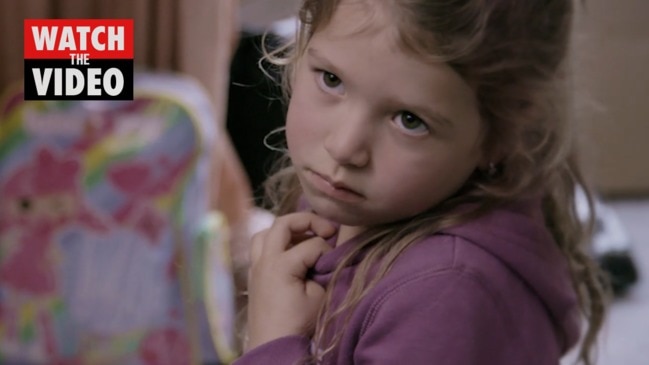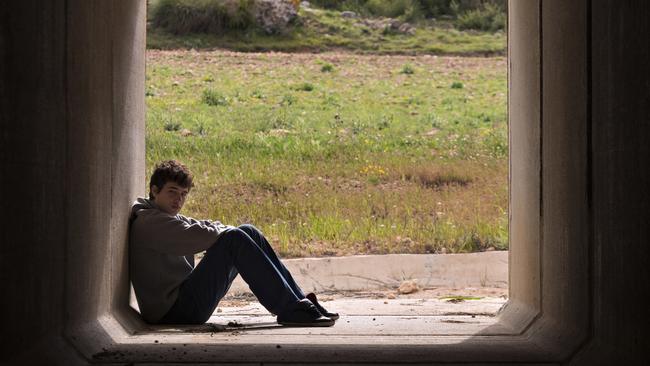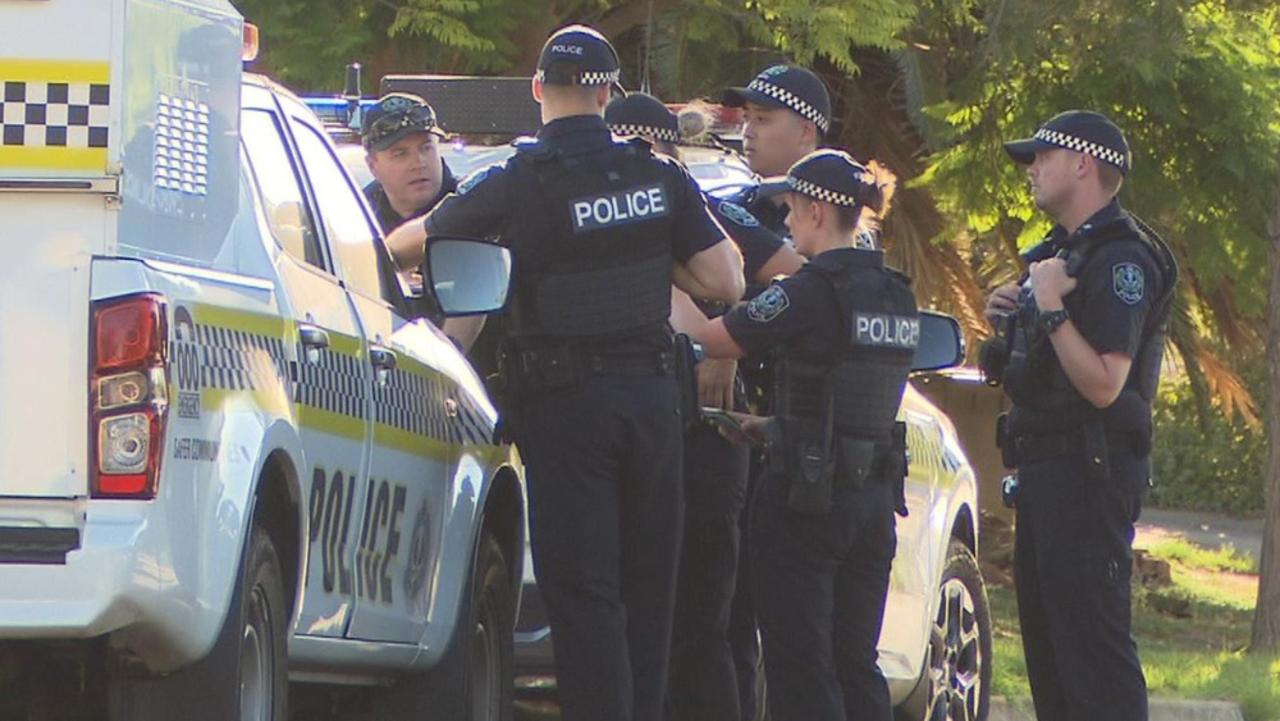Child Protection Department lodges 10,000 missing children reports in a year
Incidents of children running away from state care have doubled in recent years. Here’s why they’re fleeing.

SA News
Don't miss out on the headlines from SA News. Followed categories will be added to My News.
More than 10,000 missing person reports – or about 27 a day – were lodged by child protection authorities last financial year, as workers grapple to keep a core group of repeat runaways safe.
New figures reveal one child was reported missing 160 times and a group of 30 children accounted for about a third of all reports lodged in 2019-20.
The number of reports has almost doubled in the past five years, in line with a growing number of children being taken into state care. The vast majority of runaways are living in state-run homes with paid carers – rather than with foster parents or relatives.
Most of them are attempting to return to their family.
In a bid to address the “ongoing issue”, the Child Protection Department is planning a meeting of authorities and experts and has brought in specialist staff, including a lead psychiatric director, to work with young people who repeatedly flee.
The latest figures have been released to The Advertiser in the wake of the Rice Review, which examined why Child Protection Minister Rachel Sanderson was not told about two cases of teen girls in state care falling pregnant.
Both girls had run away from state-run homes and been living with older men, who were later convicted of sexual offences against the girls. In 2019-20, there were 387 children reported missing from state care, a total of 10,166 times. They represented 9 per cent of the more than 4300 children in the system at the time.
The numbers have risen from 289 children and 5408 reports in 2014-15, although the proportion who flee has remained steady as the total number of children in care has grown over that time. Carers are required to report a young person missing – such as if they leave home without permission or fail to return at the expected time – even if they know their location.

Department executive director of service delivery and practice Sue Macdonald said it was “very rare” that staff would not know where a child had gone and they called police “if we know a young person is in danger”.
Ms Macdonald said most repeat runaways were taken into care “a lot later in life and … exposed to a longer period of trauma” in unsafe homes. “If you’ve been constantly exposed to violence, or a parent that doesn’t respond to you … it is much harder to contain your feelings, and much harder to resolve things,” she said.
“It is a difficult scenario. They’re not bad kids, they’re sad kids really.
“They’re feeling so unsettled … that they’re seeking that sense of belonging and certainty from their family, even when we know that that’s not always safe.”
In the case of girls like the 13-year-olds at the centre of the Rice Review, who left to be with unsafe older men, Ms Macdonald said often “they’re looking for someone who will give them what they consider unconditional love, but … they end up in these relationships that are very damaging”.
The government is spending $600,000 on a new therapeutic care approach in state-run homes, and has hired a specialist team of 10 allied health workers.
The Opposition and public sector union say staff shortages mean often only one worker is rostered to supervise multiple children in a home, and they are put in a risky scenario if one child flees.
Opposition child protection spokeswoman Katrine Hildyardsaid the Nyland royal commission recommended two workers be allocated andshe called on the government to boost staffing levels.
Ms Hildyard said children “need to be cared for and safe and this means someone knowing where they are, what they are doing and who they are with”.
Ms Macdonald said children who frequently abscond “are very rarely in a house with just one staff member” and senior staff overseeing “a cluster of houses” could be called on.





